Business
Fighting climate change is good for business despite Trump’s claims
U.S. companies think efforts in fighting climate change would be a good business regardless of Trump’s policies.
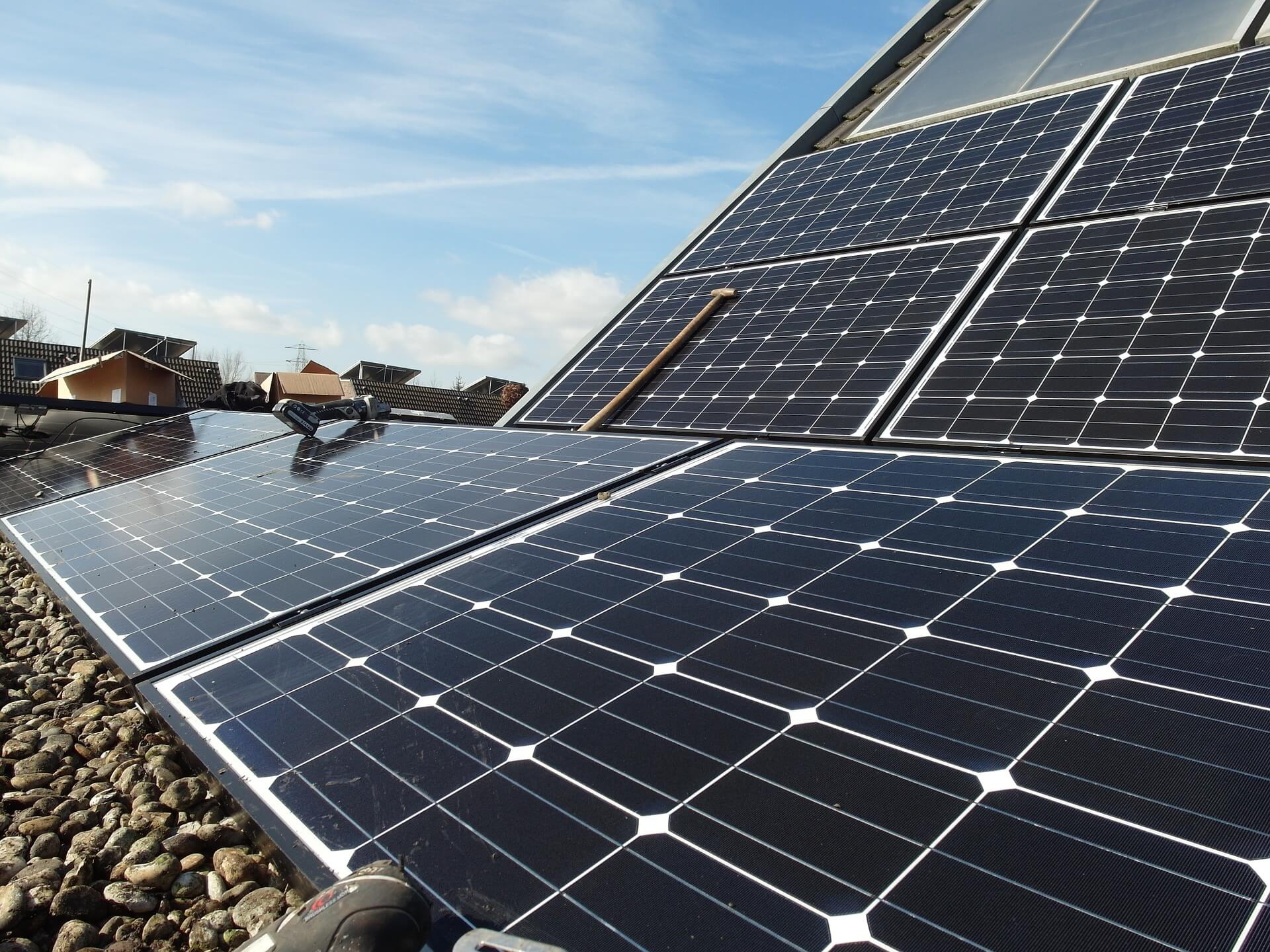
Renowned physicist Stephen Hawking may not believe in the theological concept of hell, but he does say life would be hell on Earth if nothing is done about climate change. As reported by the Huffington Post, Hawking criticized U.S. President Donald Trump for deciding to withdraw from the Paris climate change accord and for denying scientific evidence for climate change.
The scientist said that Trump’s policies—if they continue to ignore climate change—will do irreversible harm to the planet. Hawking even posed the possibility that Trump’s actions may push the Earth into becoming more like Venus, the planet closest to the sun after Mercury. He pointed out that Venus has a temperature of two hundred fifty degrees and experiences rains of sulphuric acid.
Trump said that the Paris Agreement puts the United States at a disadvantage. Some of Trump’s objections to the agreement are the following: it would result in job losses; the Paris Agreement would not bring down global temperature significantly; and losses in U.S. GDP close to $3 trillion.
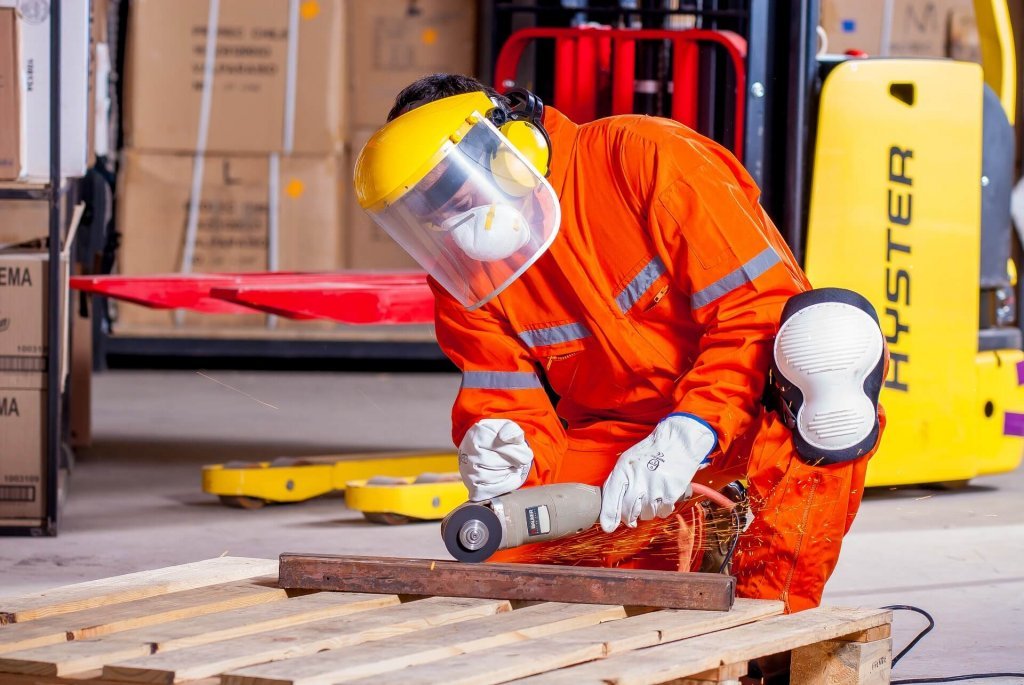
President Donald Trump said that the Paris Agreement would bring job losses in the U.S. (Source)
Trump also said that under the agreement the U.S. would have to pay billions upon billions of dollars for a Green Climate Fund. The fund is meant to help finance climate change mitigation efforts of countries most threatened by global warming. Critics, environmentalists, and scientists dispute the data on which Trump’s objections are based.
In essence, Trump is saying the fighting climate change is economically unsustainable for the U.S. and bad for business. However, a Slate report said that adopting measures that fighting climate change is actually good business and corporate America knows it.
For example, the cost of using cleaner, renewable energy is getting lower. In many cases, solar energy is now cheaper than oil. Besides solar energy, U.S. companies are also looking into wind energy and natural gas. Not only are these energy sources getting cheaper, but their widespread use will help stop global warming.
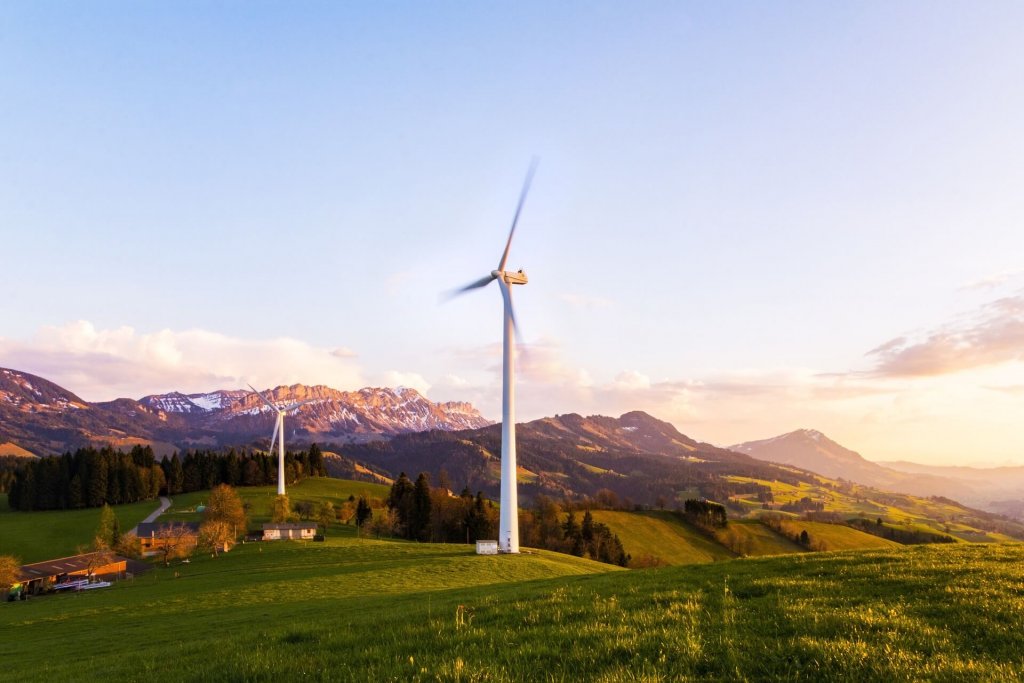
U.S. companies are entertaining the thought of using wind energy, along with solar energy, in fighting climate change. (Source)
Even if the U.S. does withdraw from the Paris Agreement, there are still nearly fifty other countries committed to it. This means they will be imposing anti-climate change measures in their territories. U.S. companies that trade with and operate businesses in these countries would have to abide by such policies anyway, regardless of what Trump decides.
There are also very real effects of climate change that could harm businesses and economies. Changing weather patterns and weather-related disasters, like tropical cyclones and floods, can slow economic growth. This is obvious every time a country needs to divert economic and social capital to emergency services, health care, and rehabilitation work following a disastrous weather event. Food and water shortages caused by climate changes can also lead to civil unrest, again slowing economic growth.
So far, some 12 U.S. states are defying Trump’s policies on climate change. According to National Geographic, these states, including New York, California, Washington, and Hawaii, have formed the U.S. Climate Alliance. Under this coalition, the states promise to implement the provisions of the Paris accord and work towards clean energy, even in if the federal government pulls out of the agreement.

-

 Crowdfunding1 week ago
Crowdfunding1 week agoPMG Empowers Italian SMEs with Performance Marketing and Investor-Friendly Crowdfunding
-
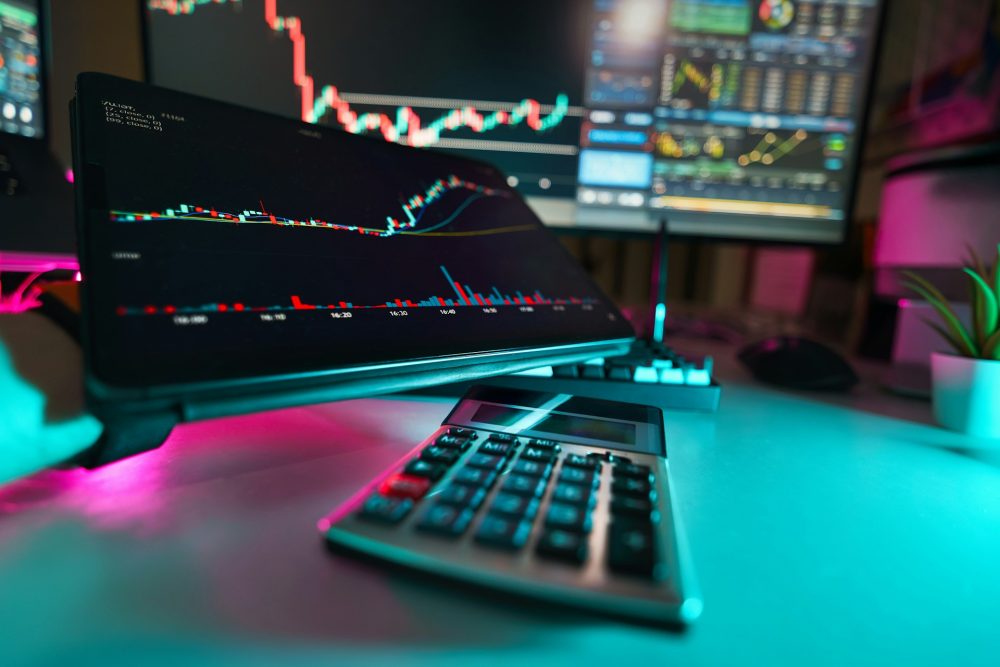
 Markets5 days ago
Markets5 days agoMarkets Wobble After Highs as Tariffs Rise and Commodities Soar
-

 Markets2 weeks ago
Markets2 weeks agoThe Big Beautiful Bill: Market Highs Mask Debt and Divergence
-

 Africa2 days ago
Africa2 days agoORA Technologies Secures $7.5M from Local Investors, Boosting Morocco’s Tech Independence
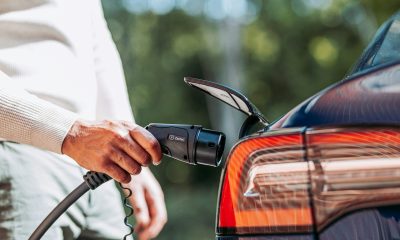





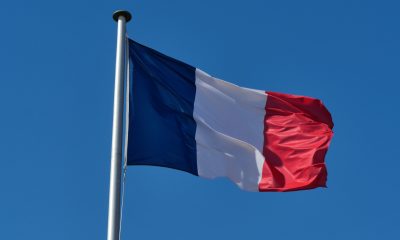

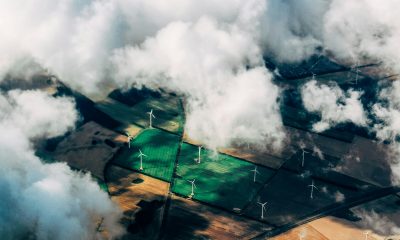

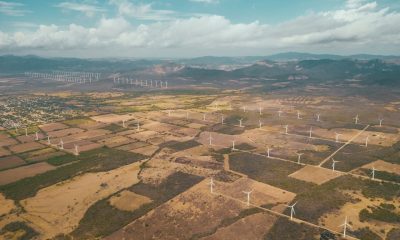















You must be logged in to post a comment Login